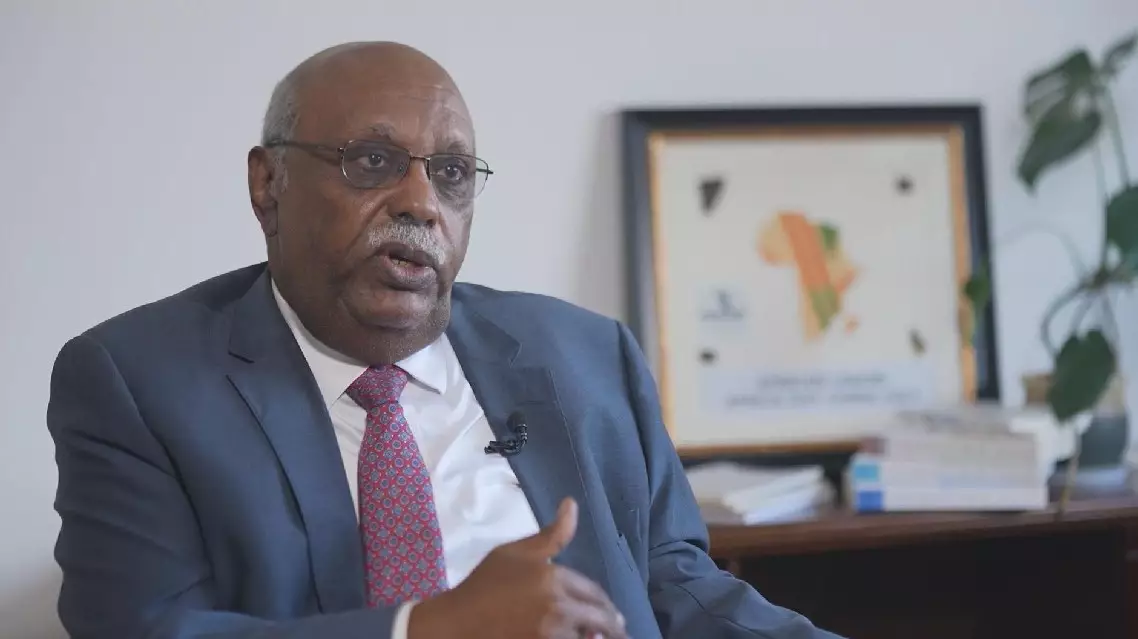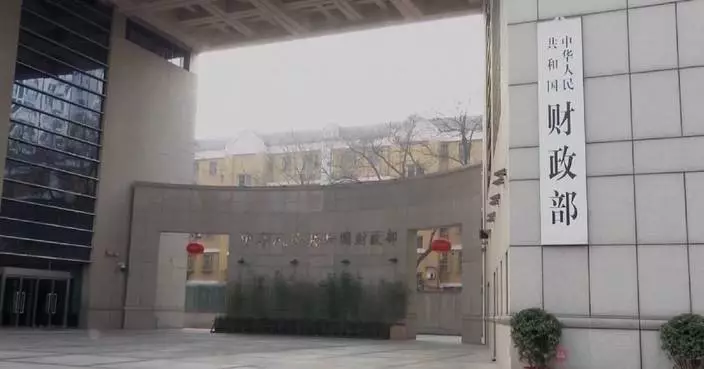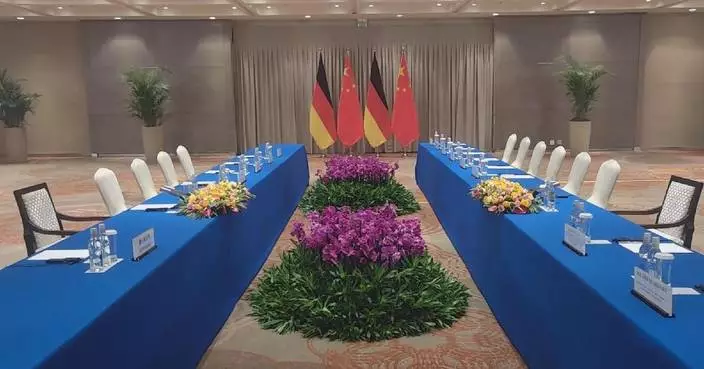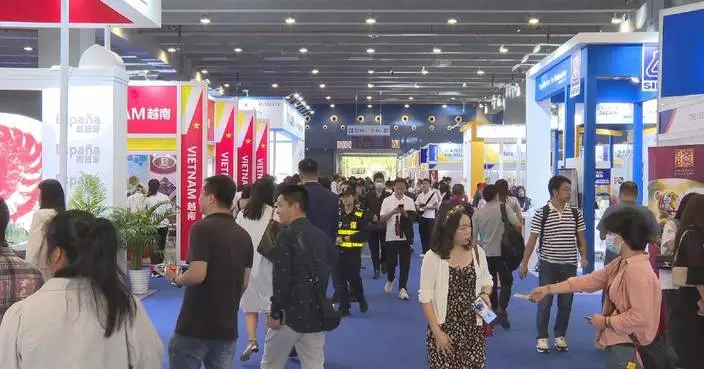China's top economic planner announced on Tuesday that it will study and propose policy measures to further enhance support and broaden the scope of support for the country's efforts to promote large-scale equipment upgrades and consumer goods trade-ins in the future.
At a press briefing in Beijing, Li Chao, spokeswoman for the National Development and Reform Commission (NDRC), stated that nearly 300 detailed rules have been introduced and implemented in all areas since the initiation of large-scale equipment upgrades and consumer goods trade-ins.
Automobiles, home appliances, and furnishings are the three major categories of products covered by consumer goods trade-ins. According to the latest data, subsidies for home appliance trade-ins can amount to as much as 20 percent of the original price. Subsidies for auto trade-ins can reach up to 20,000 yuan (around 2,762.6 U.S. dollars). Concerning home furnishing trade-ins, many local authorities have allocated funds specifically to support age-friendly renovations, Li said.
When it comes to large-scale equipment upgrades, seven key areas - industry, agriculture, construction, education, transportation, culture and tourism, and medical care - are covered. A total of 15 billion yuan (around 2.1 billion U.S. dollars) of ultra-long special treasury bonds have been directly allocated to projects in these areas, said the spokeswoman.
"In October, sales of home appliances and audio-visual equipment increased by nearly 40 percent year on year. Consumers are showing a preference for energy efficient products, with initial statistics indicating that energy efficient home appliances accounted for as much as 90 percent of sales in the trade-in program. National investment in equipment and tools purchases rose by 16.1 percent year on year in the first 10 months, contributing over 60 percent to the overall investment growth," Li said.
Besides, in the process of large-scale equipment upgrades and consumer goods trade-ins, relevant departments will rigorously investigate practices such as "raising prices before offering discounts" and "false discounts" in accordance with the law, the spokeswoman noted.
Meanwhile, efforts will continue to be made to promote recycling and reuse. The China Resources Recycling Group will be guided to accelerate the establishment of national and functional resource recycling platforms and to conduct specialized inspections on the illegal dismantling of waste electrical and electronic equipment, Li said.
The China Resources Recycling Group, a centrally administered state-owned enterprise (SOE), was officially launched at a founding ceremony in the northern city of Tianjin on Oct. 18.
The newly established enterprise will specialize in resources recycling and reuse, undertaking the important task of building a national platform in this respect.
"We will also study and propose policy measures to continuously increase support and widen the scope of support in the future. Once the relevant procedures are completed, we will release them to the public at the appropriate time. We will continue to promote benefits for the people, profits for enterprises, and economic growth through large-scale equipment upgrades and consumer goods trade-ins," Li said.
In March, China pledged a new round of large-scale equipment upgrades and trade-ins of consumer goods as part of its efforts to boost domestic demand and support continuous economic growth this year.
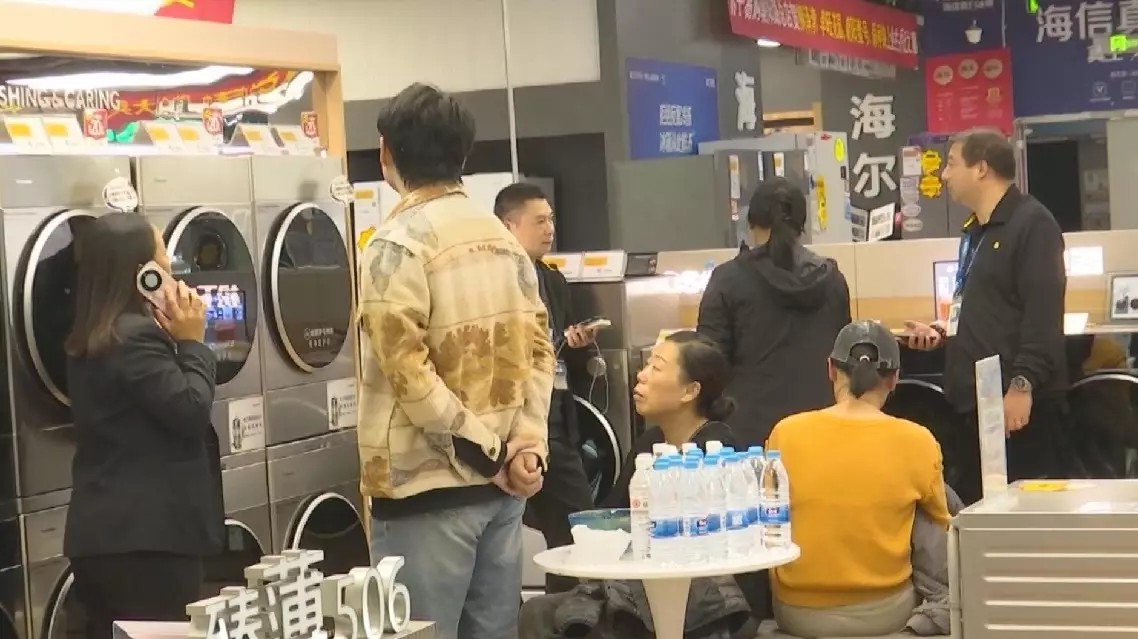
China's economic planner to boost large-scale equipment upgrades, consumer goods trade-ins support


